New Faculty (2025-2026)
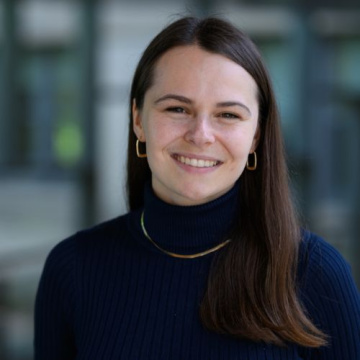
Bailey Flanigan joined the departments of Political Science and EECS in a shared appointment with the Schwarzman College of Computing as an assistant professor. Her research combines tools from social choice theory, game theory, algorithms, statistics, and survey methods to advance political methodology and strengthen democratic participation. She is interested in sampling algorithms, opinion measurement, and the design of democratic innovations like deliberative minipublics and participatory budgeting. Flanigan was a postdoc at Harvard University’s Data Science Initiative, and she earned her PhD in computer science from Carnegie Mellon University.
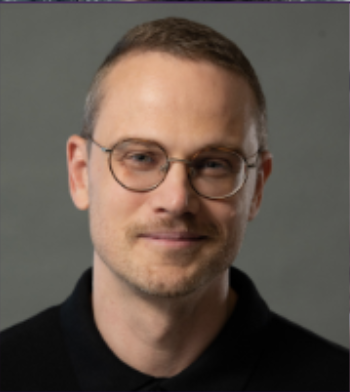
Ben Lindquist joined the History section and EECS as an assistant professor in a shared appointment with the Schwarzman College of Computing. Through a historical lens, his work observes the ways that computing has circulated with ideas of religion, emotion, and divergent thinking. His book, “The Feeling Machine” (University of Chicago Press, forthcoming), follows the history of synthetic speech to examine how emotion became a subject of computer science. He was a postdoc in the Science in Human Culture Program at Northwestern University and earned his PhD in history from Princeton University.
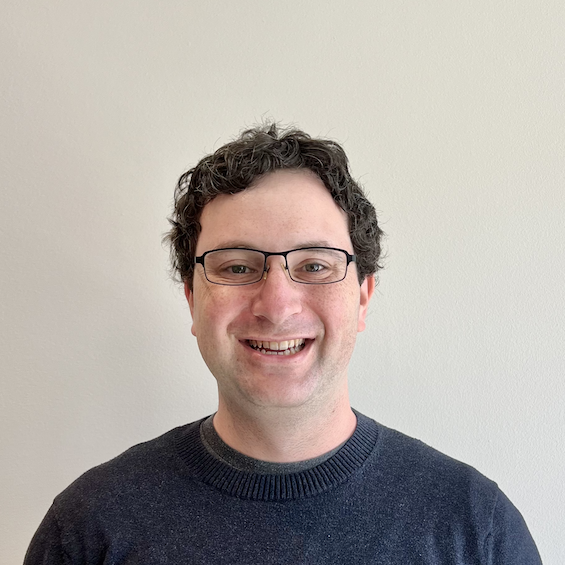
Mitchell Gordon joined EECS as an assistant professor. He is also a member of the Computer Science and Artificial Intelligence Laboratory (CSAIL). In his research, Gordon designs interactive systems and evaluation approaches that bridge principles of human-computer interaction with the realities of machine learning. His work has won awards at conferences in human-computer interaction and artificial intelligence, including a Best Paper award at CHI and an Oral at NeurIPS. Gordon received a BS from the University of Rochester, and MS and PhD from Stanford University, all in computer science.
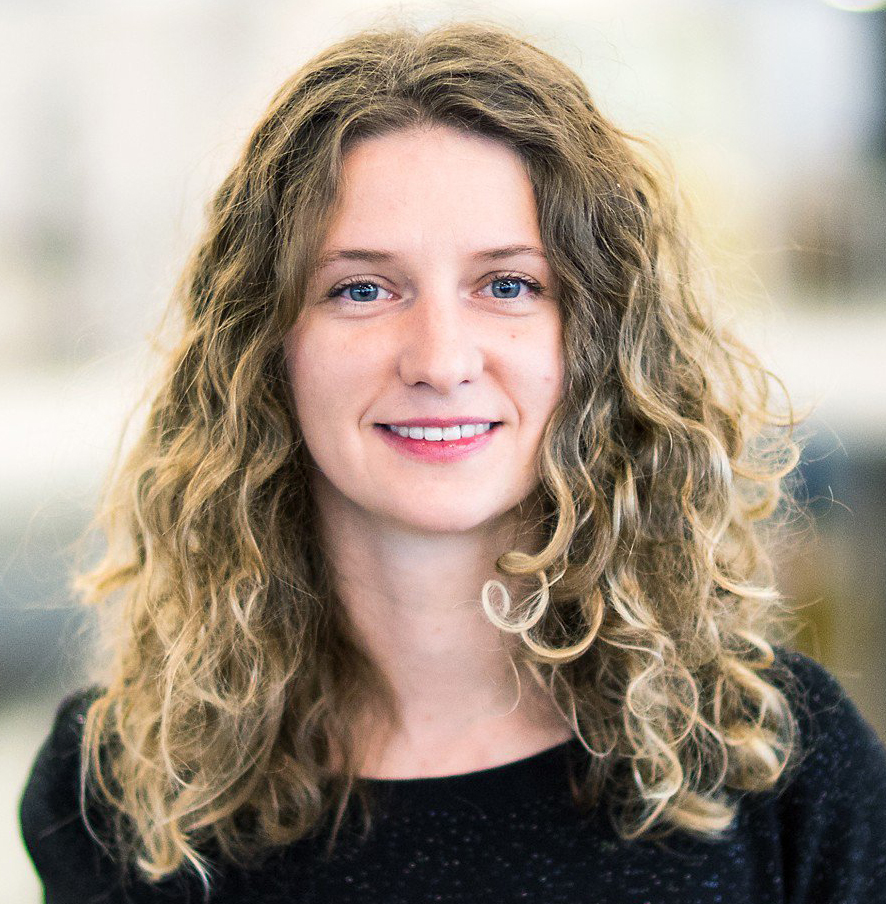
Mariana Popescu joined the departments of Architecture and EECS as an assistant professor in a shared appointment with the Schwarzman College of Computing. She is also a member of CSAIL. A computational architect and structural designer, Popescu has a strong interest and experience in innovative ways of approaching the fabrication process and use of materials in construction. Her area of expertise is computational and parametric design, with a focus on digital fabrication and sustainable design. Popescu earned her doctorate at ETH Zurich.

Brian Hedden PhD ’12 joined the departments of Philosophy and EECS in a shared appointment with the Schwarzman College of Computing as a full professor. His research focuses on how we ought to form beliefs and make decisions. His works span epistemology, decision theory, and ethics, including ethics of AI. He is the author of “Reasons without Persons: Rationality, Identity, and Time” (Oxford University Press, 2015) and articles on topics such as collective action problems, legal standards of proof, algorithmic fairness, and political polarization. Prior to joining MIT, he was a faculty member at the Australian National University and the University of Sydney, and a junior research fellow at Oxford. He received his BA from Princeton University and his PhD from MIT, both in philosophy.
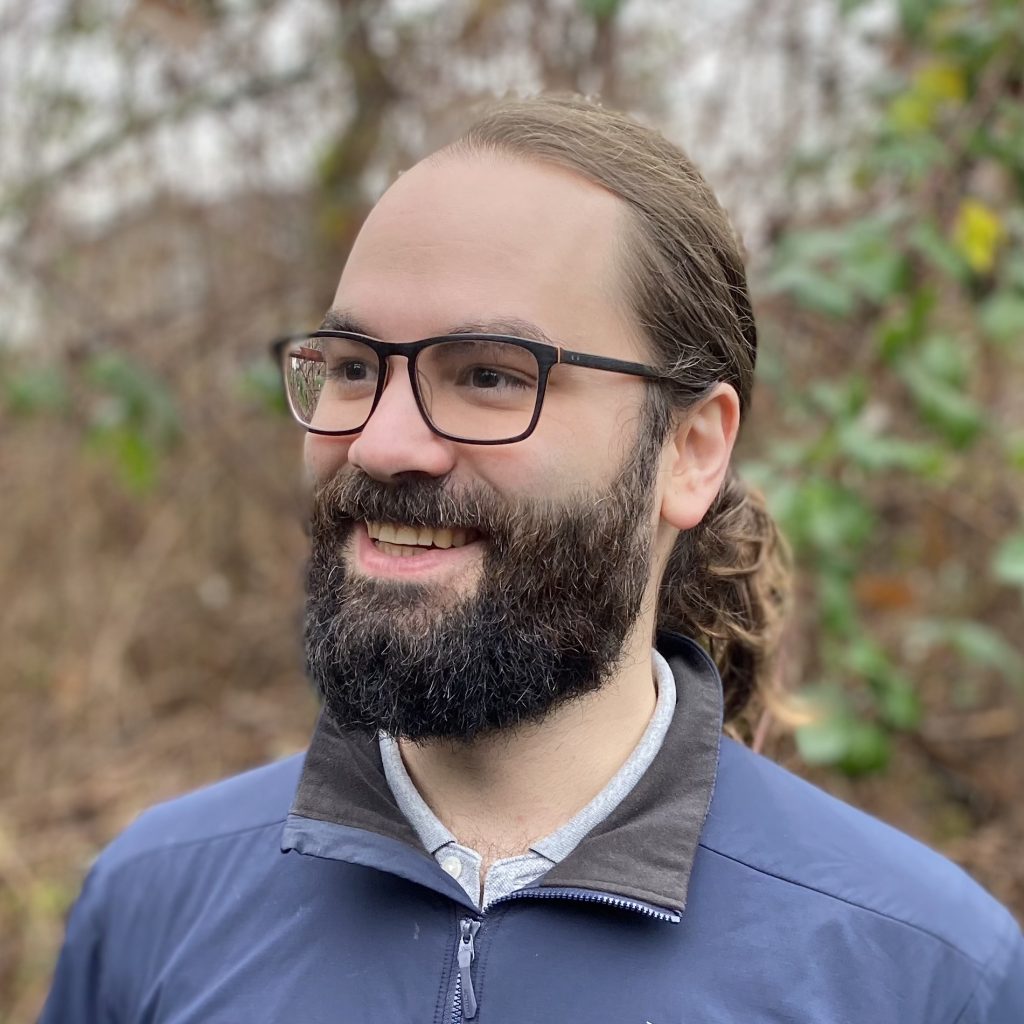
Mark Rau joined the Music and Theater Arts Section and EECS as an assistant professor in a shared appointment with the School of Engineering. He is involved in developing graduate programming focused on music technology. He has an interest in musical acoustics, vibration and acoustic measurement, audio signal processing, and physical modeling synthesis. His work focuses on musical instruments and creative audio effects. He holds an MA in music, science, and technology from Stanford, as well as a BS in physics and BMus in jazz from McGill University. He earned his PhD at Stanford’s Center for Computer Research in Music and Acoustics.
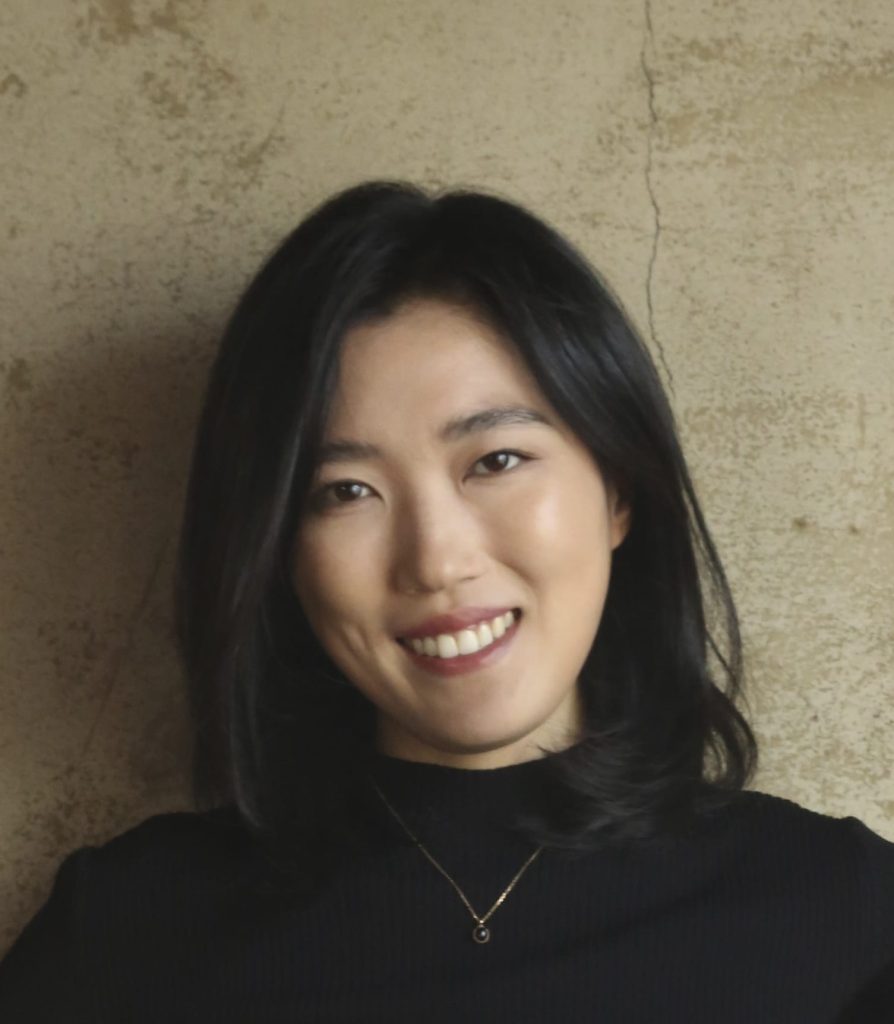
Yunha Hwang joined the departments of Biology and EECS as an assistant professor in a shared appointment with the Schwarzman College of Computing. She is also a member of the Laboratory for Information and Decision Systems (LIDS). Her research interests span machine learning for sustainable biomanufacturing, microbial evolution, and open science. She serves as theco-founder and Chief Scientist at Tatta Bio, a scientific nonprofit dedicated to advancing genomic AI for biological discovery. She holds a BS in computer science from Stanford University and a PhD in biology from Harvard University.
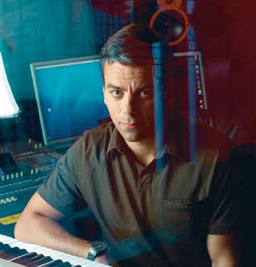
Paris Smaragdis SM ’97, PhD ’01 joined the Music and Theater Arts Section and EECS as a professor in a shared appointment with the Schwarzman College of Computing. His research focus lies at the intersection of signal processing and machine learning, especially as it relates to sound and music. Prior to coming to MIT, he worked as a research scientist at Mitsubishi Electric Research Labs, a senior research scientist at Adobe Research, and an Amazon Scholar with Amazon’s AWS. He spent 15 years as a professor at the University of Illinois Urbana Champaign in the Computer Science Department, where he spearheaded the design of the CS+Music program, and served as an associate director of the School of Computer and Data Science. He holds a BMus from Berklee College of Music and earned his PhD in perceptual computing from MIT.
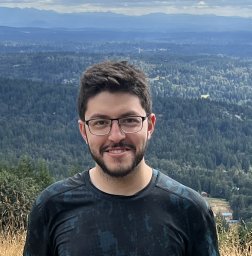
Omar Khattab joined EECS as an assistant professor. He is also a member of CSAIL. His work focuses on natural language processing (NLP), information retrieval (IR), and AI systems. His research includes developing new algorithms and abstractions for declarative AI programming and for composing retrieval and reasoning. He received his BS from Carnegie Mellon University and his PhD from Stanford University, both in computer science.
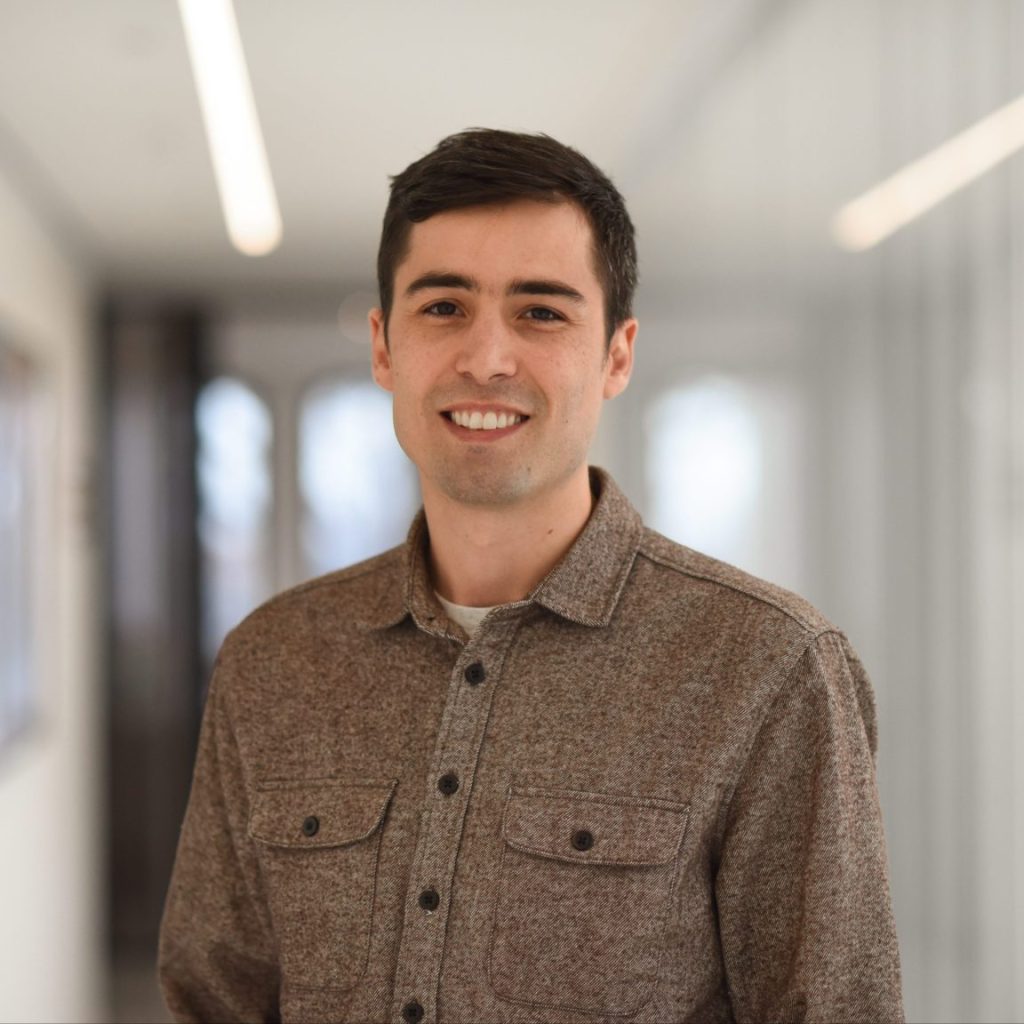
Daniel Varon joined the Department of Aeronautics and Astronautics and the Institute for Data, Systems, and Society as an assistant professor in a shared appointment with the Schwarzman College of Computing. His work focuses on using satellite observations of atmospheric composition to better understand human impacts on the environment and identify opportunities to reduce them. An atmospheric scientist, Varon is particularly interested in greenhouse gasses, air pollution, and satellite remote sensing. He holds an MSc in applied mathematics and a PhD in atmospheric chemistry, both from Harvard University.
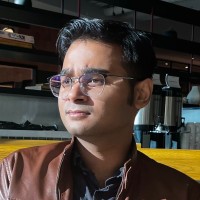
Rachit Nigam will join EECS as an assistant professor in January 2026 in a shared appointment with the Schwarzman College of Computing. He will also be a member of CSAIL and the Microsystems Technology Laboratories (MTL). He works on programming languages and computer architecture to address the design, verification, and usability challenges of specialized hardware. He was previously a visiting scholar at MIT. Nigam earned an MS and PhD in computer science from Cornell University.